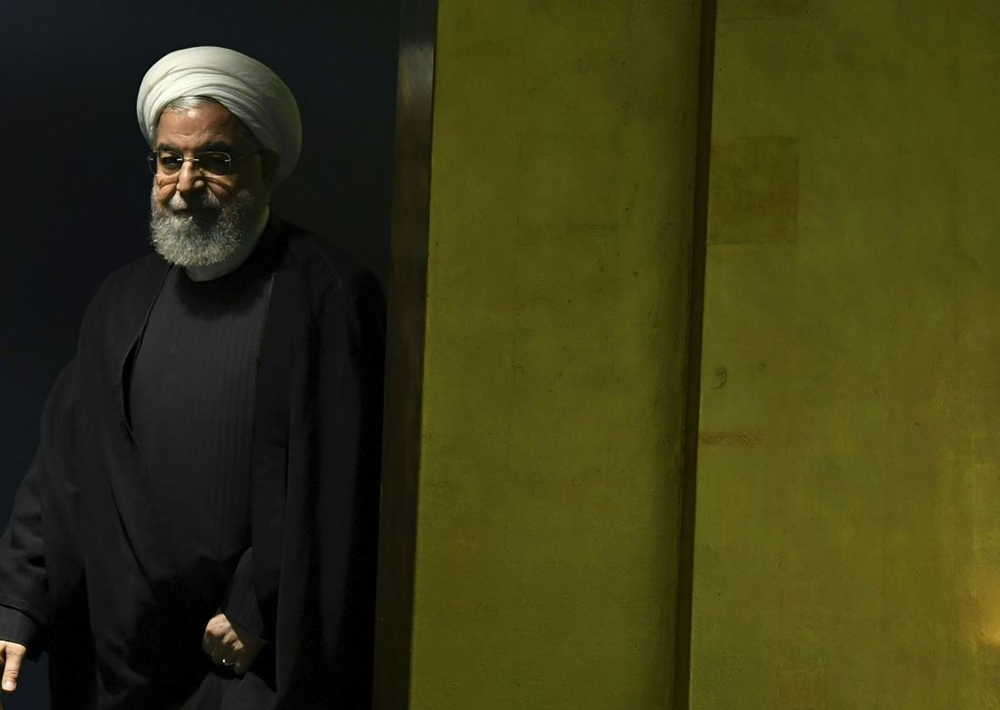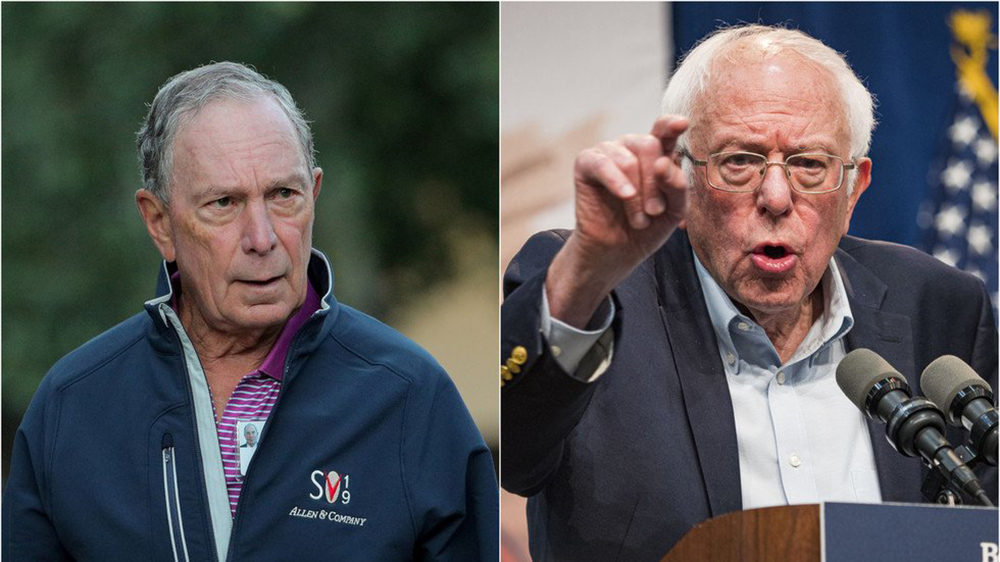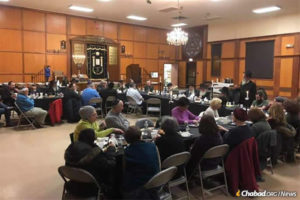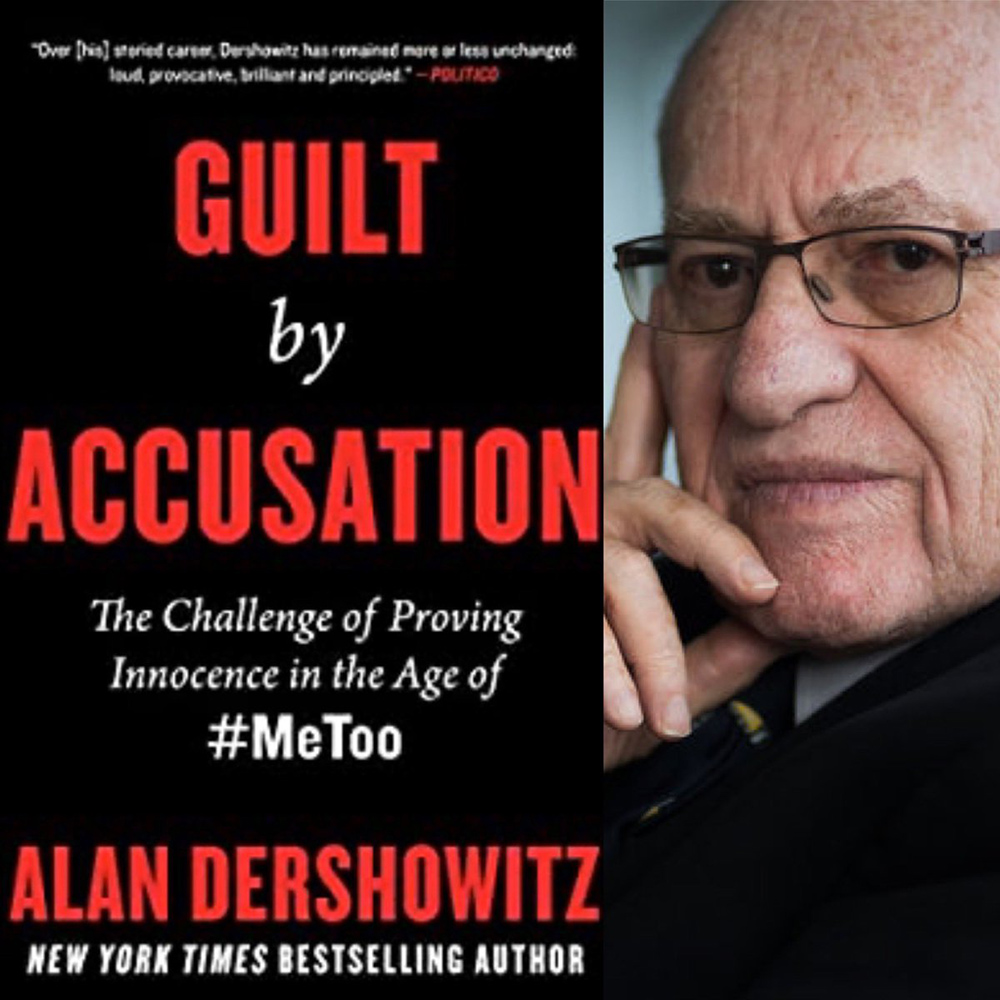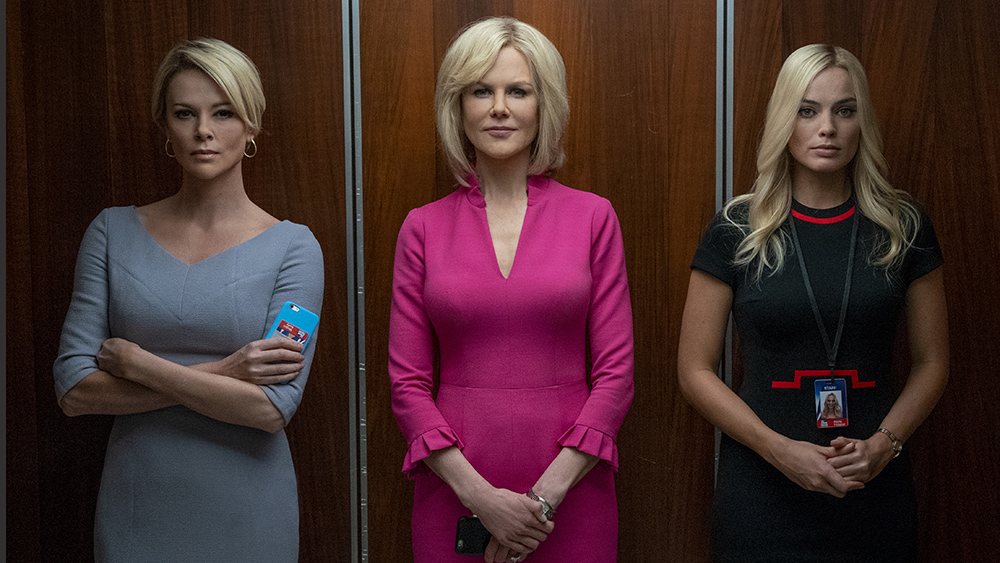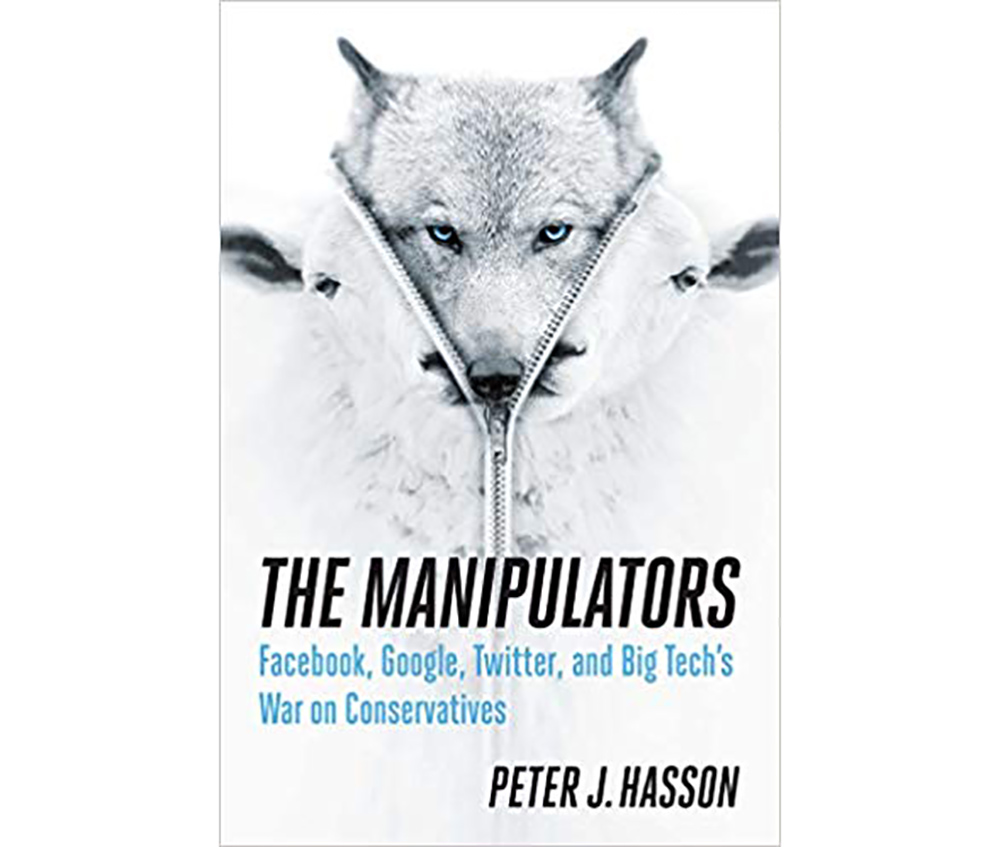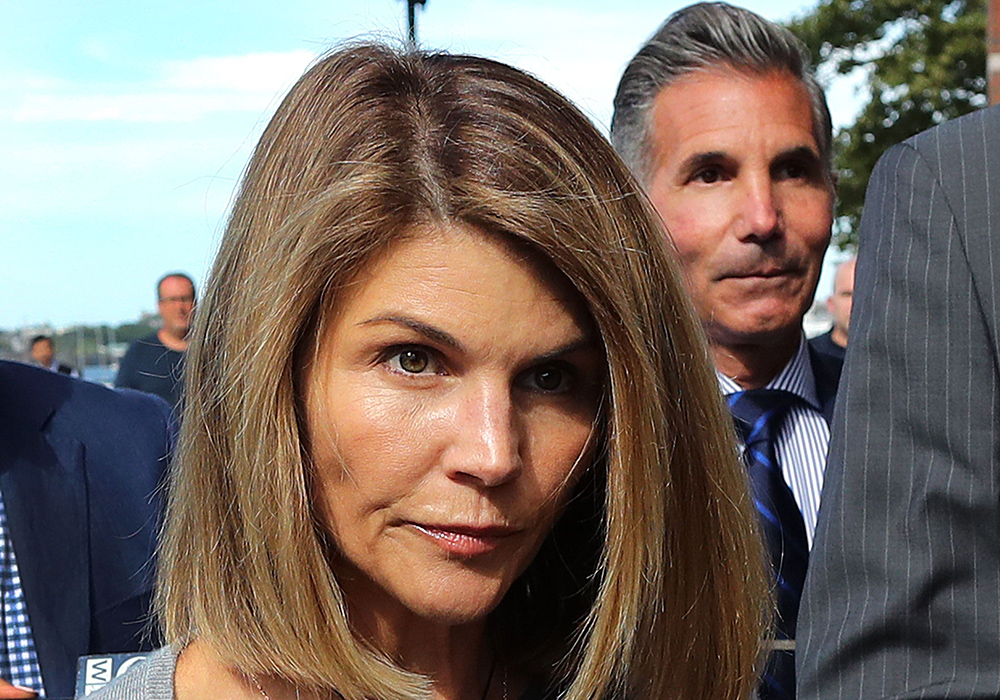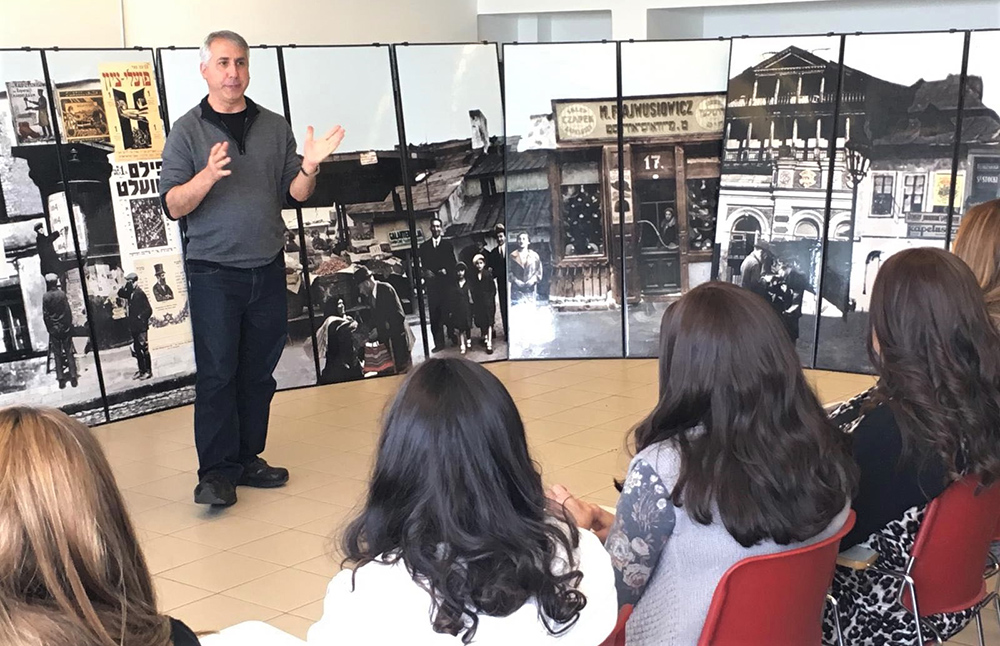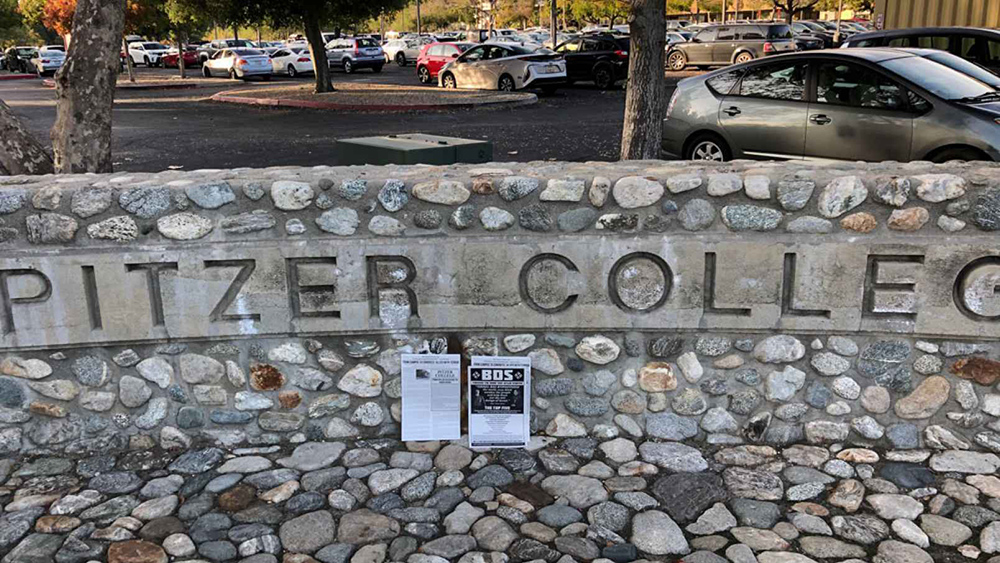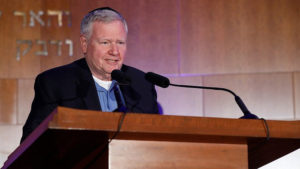Bernie Sanders supporters don’t believe in God or America
By: Daniel Greenfield
What is inside the soul of a Bernie Sanders supporter?
As the socialist senator from Vermont becomes a serious candidate for the nomination, even if he never gets there, it’s important to investigate what is fueling this radical transformation of the Democrats.
A new Pew survey provides us with some valuable insights into what makes Sanders supporters tick.
The Sanders base is irreligious, whether agnostic, atheistic, or unaffiliated with any major religion.
While Sanders is, like Karl Marx, of Jewish ancestry, he has never been a practicing Jew. Instead, he has spent the bulk of his career aligning with anti-Semitic figures. His deputy press secretary had accused the “American Jewish community” of treason. He regularly campaigns with racists like John Cusack who tweeted an anti-Semitic Nazi meme. Bernie doesn’t like Jews, and Jews don’t like Bernie.
A Siena College poll showed that Jews in New York were the group least likely to support Sanders. The national numbers are better for Bernie, but even in the Pew survey, Jews are one of two religious groups that are least likely to support Sanders. The other anti-Bernie group are black Protestants.
Jews and black Protestants may like Bernie less than other religious groups, but they’re not outliers.
Bernie performs poorly with every major religious group with the exception of Hispanic Catholics. Catholics, of all backgrounds, are the religious denomination likeliest to support him. But even Hispanic Catholics are more likely to back Biden than Bernie. Where Bernie shines is in the unaffiliated category.
Like Warren, he gets the most support from unaffiliated voters who have no religious identity.
While 75% of Democrats believe that belief in God isn’t necessary to be a good a person, among Warren supporters that number rises to 93%, and hits 85% among Sanders supporters.
These developments were reflected in an earlier Pew survey which found that a majority of white Democrats were no longer Christian. While only 47% of white Democrats call themselves Christians, 10% are members of other faiths, and 42% have no religion. Sanders and Warren rely largely on the support of these white voters. While Sanders brings in a sizable Hispanic contingent, Warren does not. That’s why her supporters tend to poll as being even more extremely irreligious and hostile to religious values.
The fundamental cultural gap is equally pronounced when it comes to America.
MAGA, President Trump’s famous election slogan, is not widely shared among Democrats. Only 10% of Democrats believe that America is the greatest country in the world. That’s one reason why MAGA touches such a chord of fury among Democrats. Its premise of national greatness is foreign to them.
But 60% of Democrats do agree that America is, if not the greatest, among the greatest countries. That’s a reasonably neutral position. It’s one that even most non-Americans would agree with.
Bernie Sanders supporters however are firmly in the anti-MAGA camp. 30% of Democrats believe that other countries are better than America. Among Warren supporters, it’s 43%.
Among Sanders backers, the number is 51%. A majority.
Only a majority of Sanders supporters reject the idea that America is the greatest or among the greatest nations in the world.
Democrats split over whether America should have the world’s most powerful military. But the split still narrowly favors those who say that we should maintain military supremacy. Among Warren supporters however, 65% are okay with another country becoming as militarily powerful as the United States.
And, among Sanders supporters, 59%, also a solid majority, accept that idea.
That rejection of America’s greatness also translates directly into a rejection of border security. While Democrats split over whether illegal immigration is a problem, with a majority narrowly rejecting the idea, 64% of Sanders and Warren supporters believe that illegal immigration really isn’t a problem.
What’s behind the distaste that Sanders and Warren supporters have for American exceptionalism?
American exceptionalism is based on the idea that freedom allows us to pursue our dreams, and fulfill our destinies. As the freest nation, we were formed by the meritocratic power of human potential.
Socialism however assumes that people are unable to make their way without government help.
A narrow majority of Democrats reject the idea that people can get ahead if they try hard enough. But among Sanders and Warren supporters, 64% and 71% respectively, don’t believe hard work matters.
Socialists don’t believe in America because they don’t believe in the power of human freedom. And they don’t believe in human freedom because they don’t believe in people.
They don’t believe in God, America, or the individual. They only believe in government.
What that really means is that they don’t believe that we derive our sense of purpose internally or from a higher power, but from the higher power of government. Government is the force that gives us meaning. The collective and the government shape each other in a cyclical quest for utopia.
We have spent a great deal of time looking at what lefties believe in, not what they don’t believe in. But the unbelief in the ancient verities that give our lives strength and meaning are the holes in the fabric. Radical politics fill the holes in the fabric. But the radical politics emerge because the holes are there.
The rise of Bernie Sanders represents not only the ascension of radical politics, but of these holes.
If Sanders becomes the nominee of his occasional party, then the 2020 election will become a collision between two factions in national life, one that believes in our nation’s greatness and one that does not.
Call it the MAGA vs anti-MAGA election.
2020 will determine whether a national faction that doesn’t believe in God or America or one that does will shape the fabric of our national life. The anti-MAGAs can’t make America great because they don’t believe that America is or ought to be great. Nor do they believe that people are capable of doing anything except demanding freebies from the government. Or receiving them from the government.
This would be true of any Democrat able to crawl through the gauntlet of Planned Parenthood, the ACLU, the Sierra Club, the Human Rights Campaign, the Democracy Alliance, Black Lives Matter, the Brennan Center, Moms Demand Action, Emily’s List, and the multitude of other party gatekeepers.
But it’s particularly true of Bernie Sanders who emerged from the narrower tunnel of the DSA, Jacobin, and truly radical gatekeepers who view the Soviet Union as an ambitious, but imperfect experiment.
If Bernie Sanders becomes the nominee, the MAGAs will face the ultimate anti-MAGAs.
In 2016, Trump benefited from running as an anti-establishment candidate against an establishment politician. There were some who flocked to him because they genuinely opposed socialism and supported freedom. But others just opposed the establishment, without caring about the issues.
If Bernie Sanders becomes the nominee, then 2020 will no longer be about a clash between the establishment and the anti-establishment, whose final battle is being fought with impeachment. Instead, 2020 will be a referendum, not on the establishment, but on the future of America.
Two anti-establishment candidates, one who believes in God, country and freedom, and one who hates all three, will face off in one election to determine the future of the United States of America.
(FrontPageMag)
Daniel Greenfield, a Shillman Journalism Fellow at the Freedom Center, is an investigative journalist and writer focusing on the radical Left and Islamic terrorism.


